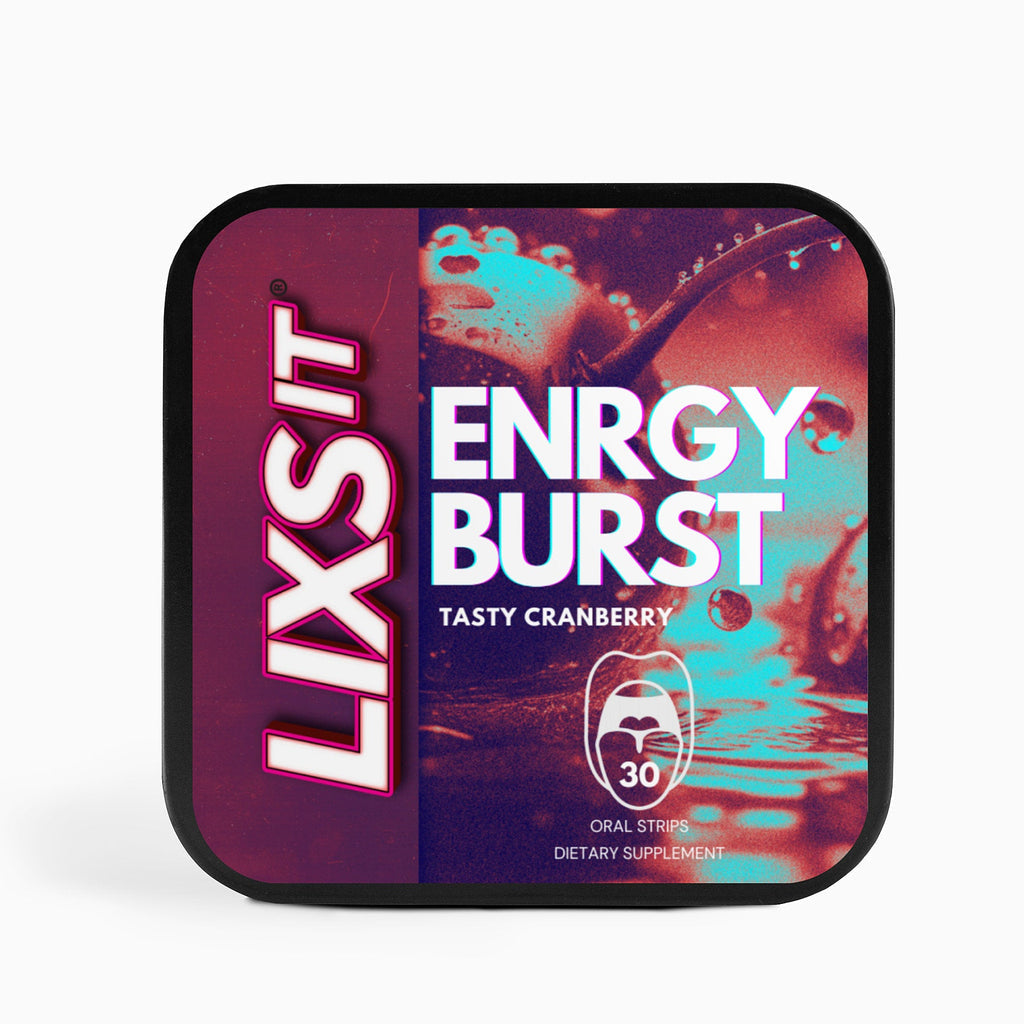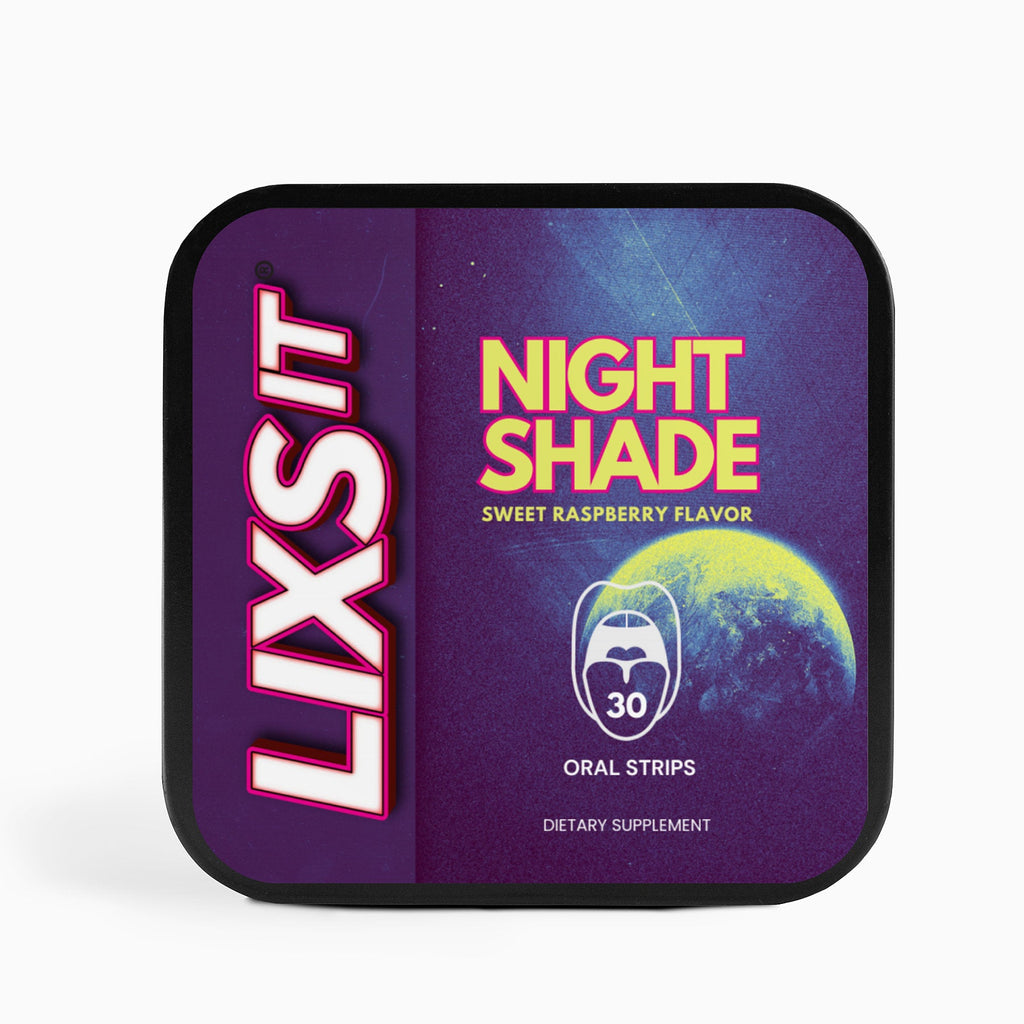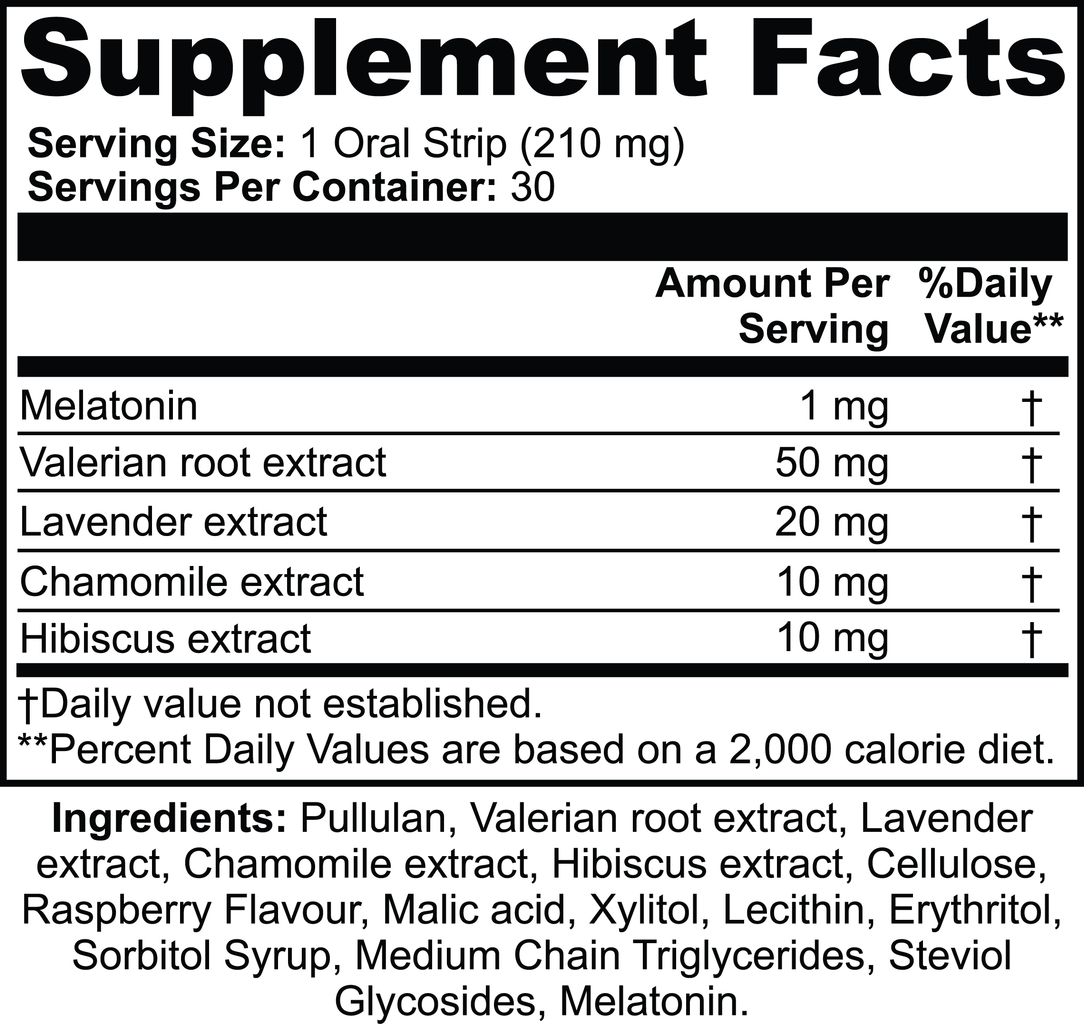Medical Research
There have been several studies that have examined the potential health effects of aluminum and other chemicals in conventional antiperspirants and deodorants. While more research is needed to fully understand the long-term effects of these products, here are a few studies that support the use of natural deodorants:
In a 2016 review of the scientific literature on aluminum and breast cancer risk, researchers concluded that the evidence suggests a possible link between the long-term use of aluminum-containing antiperspirants and breast cancer, although further research is needed to confirm this link (Darbre, 2016).
A 2017 study found that individuals who used antiperspirants had higher levels of aluminum in their breast tissue compared to those who did not use antiperspirants. The study did not establish a causal relationship between aluminum in antiperspirants and breast cancer but suggested that further research is warranted (Mirick et al., 2017).
A 2020 study examined the potential health effects of triclosan, an antibacterial agent commonly used in personal care products. The study found that exposure to triclosan was associated with an increased risk of osteoporosis in women, and suggested that natural alternatives should be considered (Li et al., 2020).
A 2015 study examined the effects of plant-based deodorants on the growth of odor-causing bacteria. The study found that some plant-based essential oils were effective at inhibiting bacterial growth, and suggested that these ingredients could be used as natural alternatives to conventional deodorants (Gomez-Escalada et al., 2015).

















